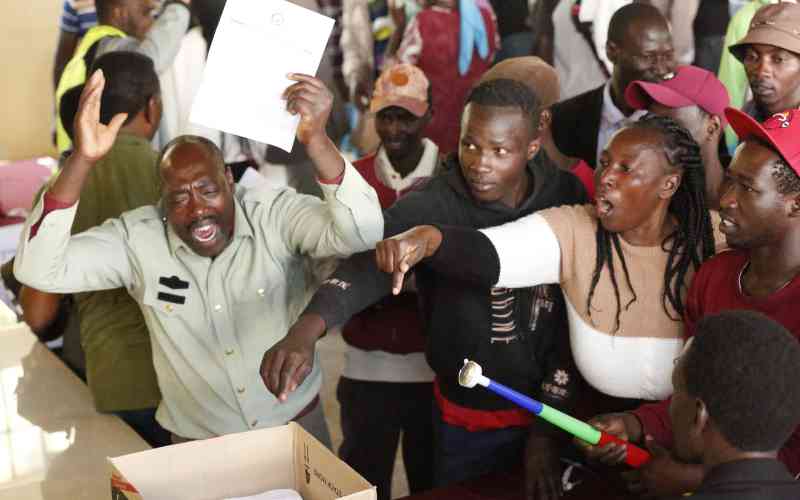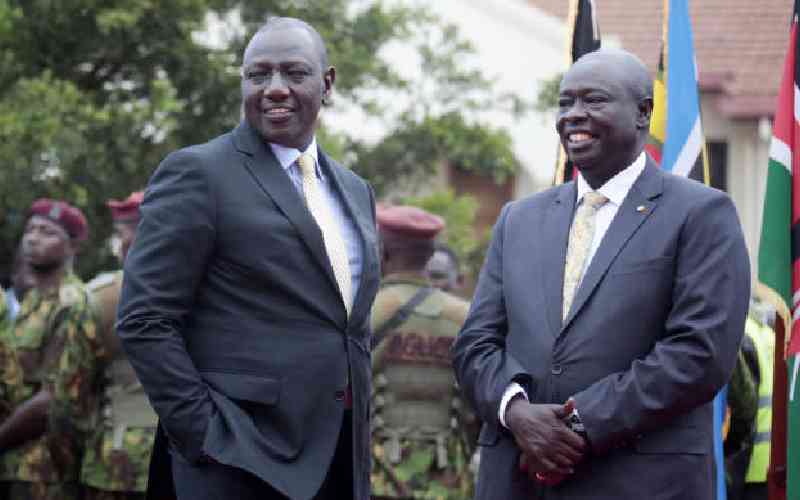- Bagnaia wins Japan MotoGP, cuts Martin’s championship lead to 10 points
- Ryan Serhant: AI will make real estate agents more personable in home buying and selling
- Two elephants die in flash flooding in northern Thailand
- Scientists map fruit fly brain to reveal neural circuit insights
- A 'forgotten' valley in storm-hit North Carolina, desperate for help
What do you believe is the single most important factor driving up the cost of living in Nigeria?

Why Uganda Muslims are not on same wavelength
As contact between Europeans and the African continent increased throughout the 19th Century, they increasingly came into contact with African religions.
Brenda McCollum, in her doctorial research, notes that the religions, varying across the continent, cannot be discussed in depth. She, however, hastens to add that the reaction that missionaries, colonial officials, and European anthropologists had to these religions is pertinent to understanding how European imperialist powers developed their colonial states’ religious policies and how religion in Africa has subsequently been studied and misunderstood.
“Many Europeans were devoted to their religions on a spiritual level, however, in the upper echelons of society in Europe, religion was also an avenue for societal advancement, despite the fact that the continent was moving towards political secularisation in the 19th Century. On the African continent, religion played a much different role. Generally, religion across Sub-Saharan Africa permeated every aspect of one’s life,” she adds in her body of work published in the Arc: Journal of the School of Religious Studies.
McCollum reveals: “Africans believed that their livelihood, political leadership, economy, military success, and overall communal and societal wellbeing were all affected in very direct ways by religious practice. The 19th Century Christian definition of religion was simply not compatible with the African reality of religious practice. This was especially true as European states and political systems were becoming increasingly secularised. However, despite this, European missionaries, colonial officials, and anthropologists used their understanding of religion to judge and then primitivise African religious practices.”


- October 5, 2024
Suspect dies in Masindi police cells

- October 6, 2024
Ghanaians in UK participate in anti-Galamsey protest

- October 6, 2024
Corruption claims fuel tensions between UIA, Finance ministry

- October 6, 2024
I will fix broken economy, create jobs for youth

- October 6, 2024
APP wins 22 out of 23 chairmanship seats in Rivers LG poll

- October 5, 2024
Amaechi’s loyalists kick as APC disowns Rivers LG candidates

- October 6, 2024
REGSEC bans celebration of ethnic festivals in Nkwanta township

- October 5, 2024
Chaos, disinterest mark DP Gachagua's public impeachment forums
Subscribe to our mailing list to get the new updates!

Subscribe our newsletter to stay updated
Thank you for subscribing!





